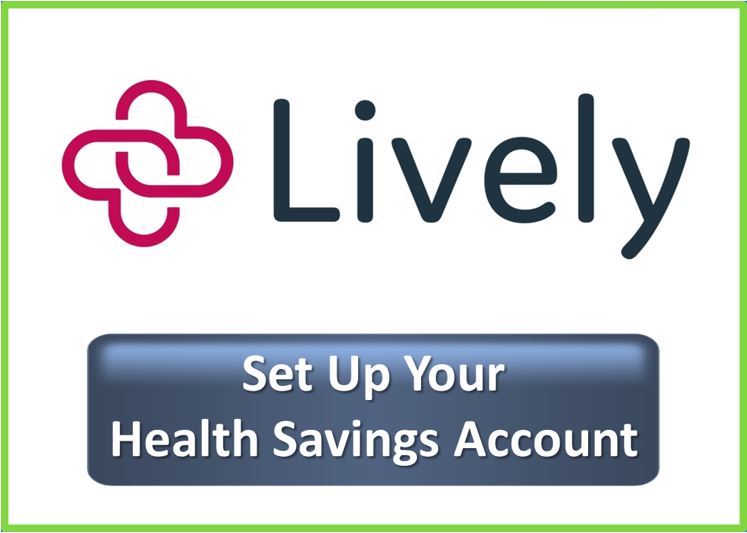As of 2014, all plans sold in the individual market are now “guaranteed issue,” which means that an insurance company cannot decline to cover you or charge you more based on any pre-existing medical conditions. Insurers also cannot make you wait for a period of time before your conditions will be covered.
This is huge—it’s actually the most important change made by the Affordable Care Act. In the past, people with medical problems were often worried about leaving their current job because they knew they wouldn’t qualify for coverage elsewhere. Now that worry has been eliminated.
Of course, with all plans being guaranteed issue, there’s also the risk of adverse selection. This means that people who have an immediate need for health insurance (people with pre-existing conditions) are much more likely to sign up for coverage than people who are just buying coverage to protect against unforeseen illnesses or injuries. And because insurance companies often lose money on these high utilizers, the cost of everyone’s health insurance is higher than it was in the past.
To help offset these rising health insurance premiums, individuals and families whose income is below 400% of the Federal Poverty Level and who don’t have access to other minimum essential coverage through an employer or a government program can qualify for a premium tax credit. These tax credits can make it possible for people who would otherwise be priced out of the health insurance market to buy coverage.








